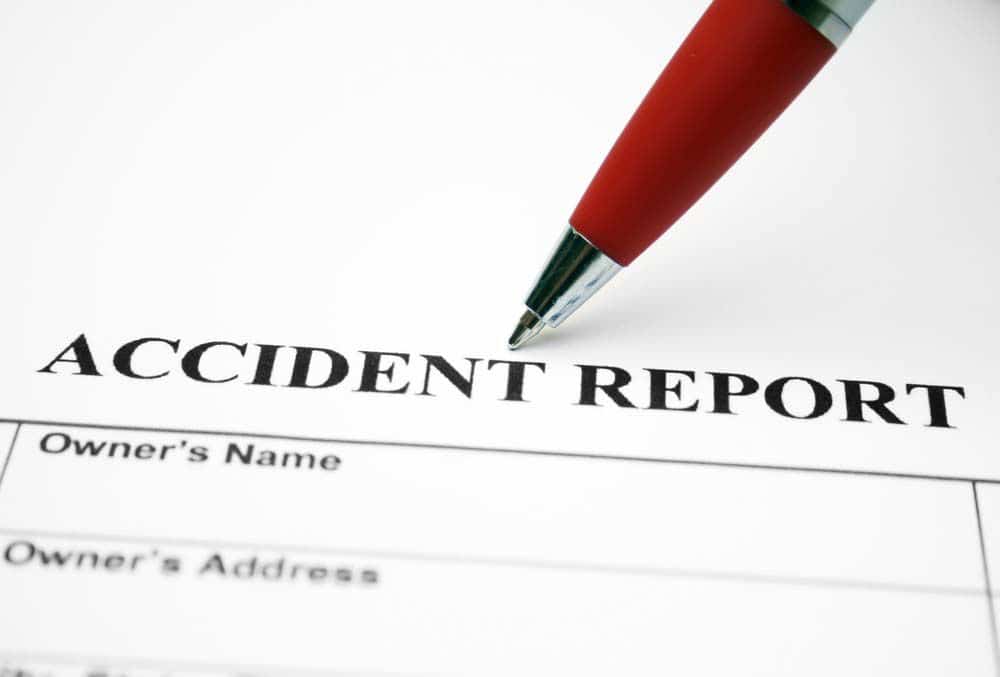
Related: Should I reject or waive my Kentucky No-Fault Benefits?
What is no-fault insurance, basic reparations benefits and PIP?
To start with, no-fault insurance is one of the confusing terms. No-fault is when your insurance company will pay your medical bills and lost wages when you are in an accident, even if it was your fault. The state of Kentucky is one of 12 states and Puerto Rico that have no-fault auto insurance laws. Three of these states, New Jersey, Pennsylvania and Kentucky, have a “choice” no-fault law. A person must fill out a no-fault rejection form and file it with the Kentucky Transportation Cabinet. No-fault coverage gives victims of an automobile accident confidence in knowing their medical bills will be paid. It will also allow them to choose their own doctor. That way, the victim picks the best doctor to help them recover.
Next is basic reparation benefits. They cover the carrier if an accident occurs anywhere in the United States or Canada. There are some exceptions to these benefits. For example, they do not cover mopeds, farm or construction vehicles. Motorcycles will be covered but the benefits have to be purchased specifically for that motorcycle.
Lastly, is PIP benefits. PIP has a standard amount of benefits in Kentucky. The amount of $10,000 will cover medical expenses, work loss, replacement service loss, survivors economic loss and survivors replacement loss. For the most part, this amount is used to pay for medical bills and lost wages. If the bill exceeds the $10,000 amount, the carrier will have to pay these bills. Fortunately, a good health insurance plan will help cover those extra costs.
Related: What Happens When My PIP Benefits Are Exhausted?
Lost wages can be tricky
Now, the lost wages part can get tricky. The insurance company will pay 80% of lost wages up to $200 a week. If a person makes more than $200 a week, they should ask their insurance agent for information on added reparation benefits. Another portion of this PIP coverage is that the $10,000 is for each individual in your vehicle at the time of the accident. If one person’s bills are less than $10,000, the remainder cannot be transferred to another passenger.
As with all insurance policies, there are exclusions. However, when in doubt, you should ask your car insurance agent. Keep asking until your questions have been answered. You want to make sure that you understand your coverage and add to it if necessary.


